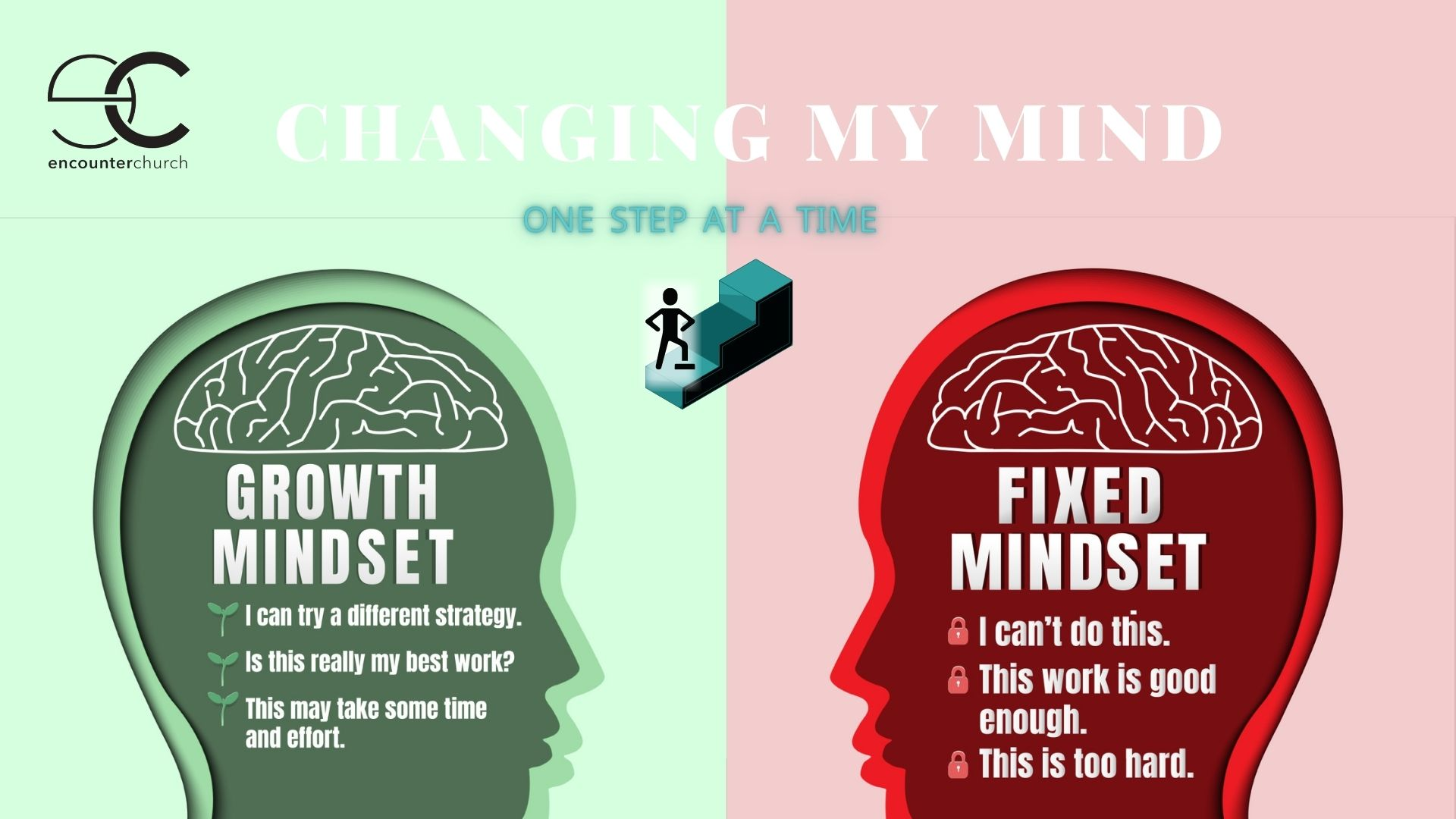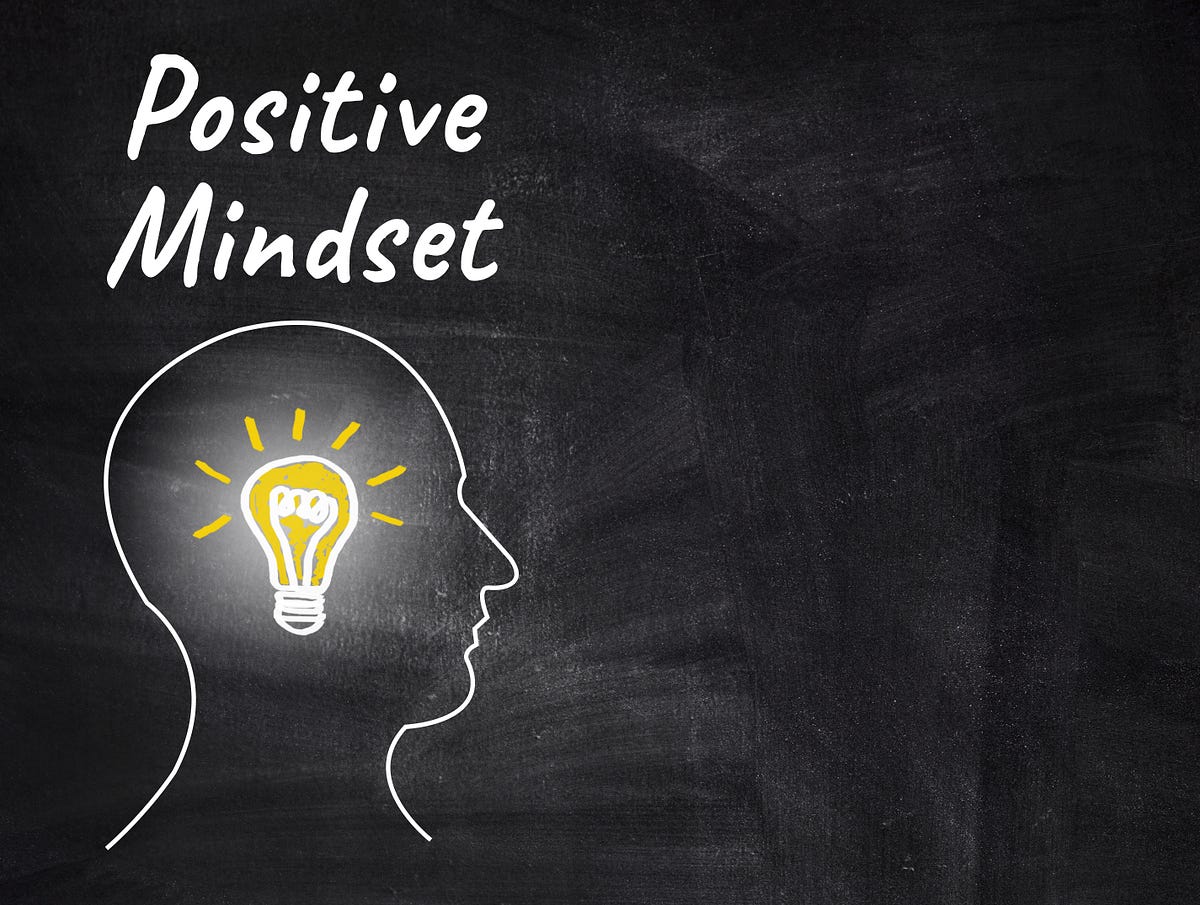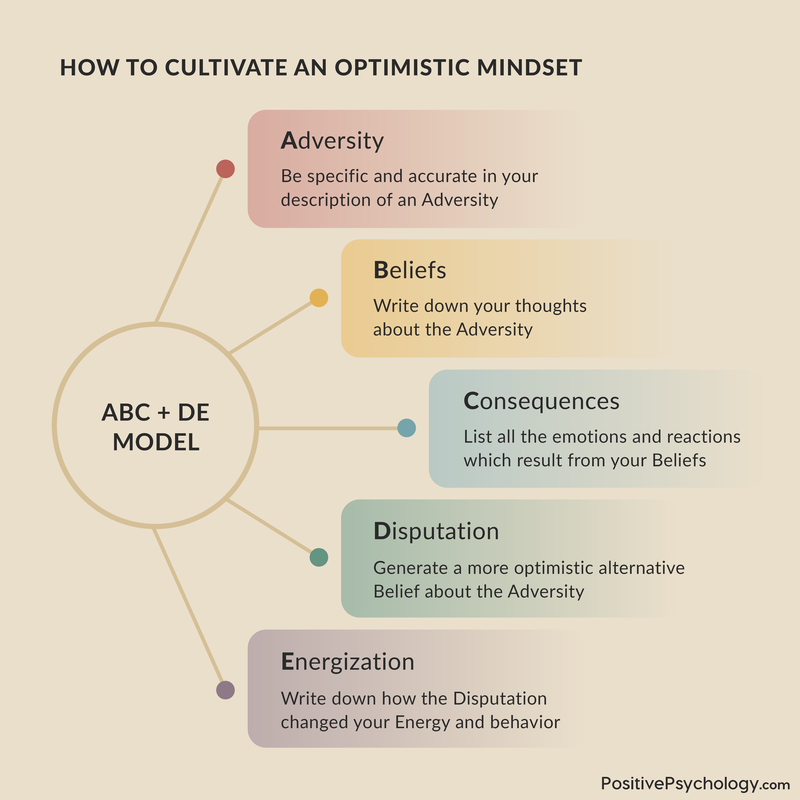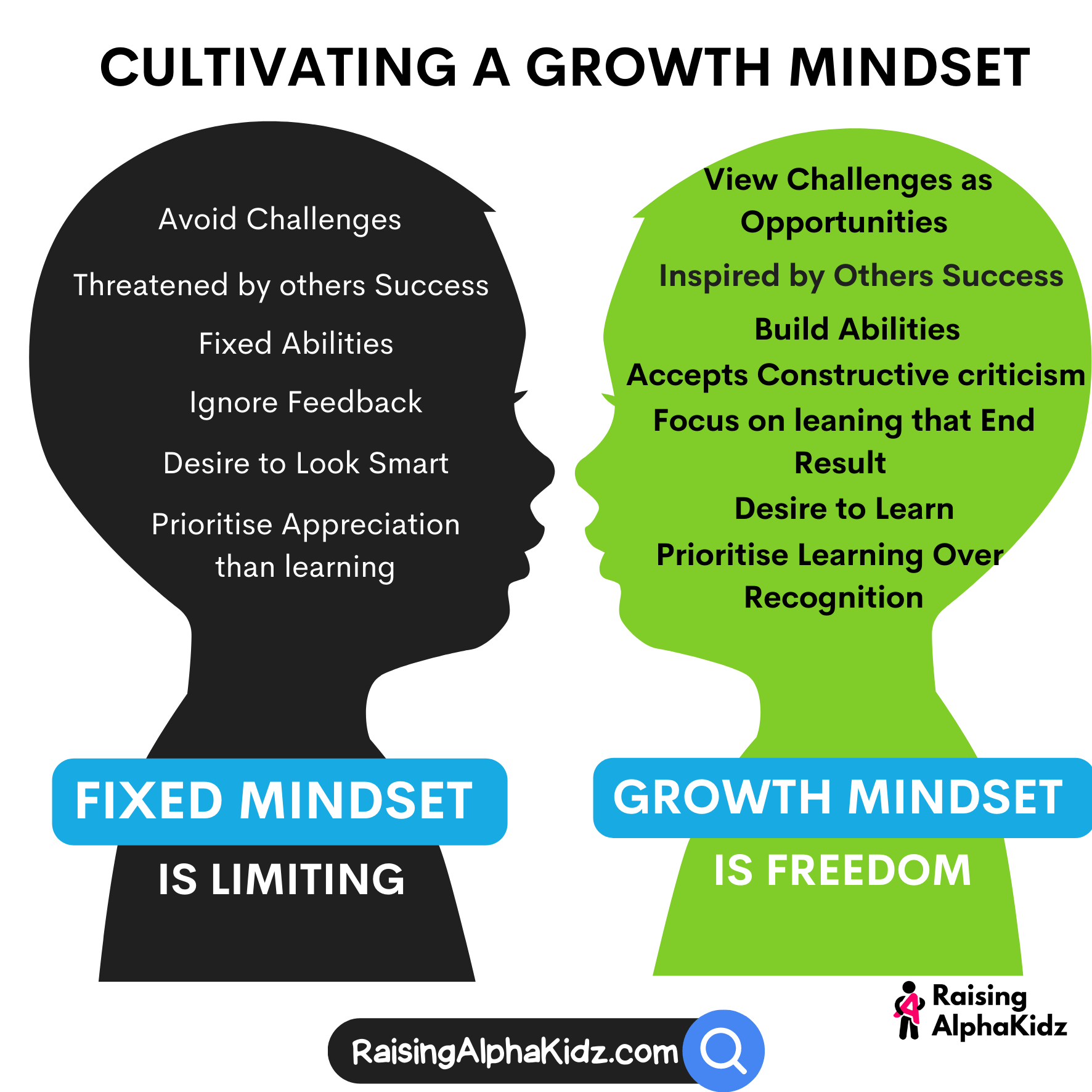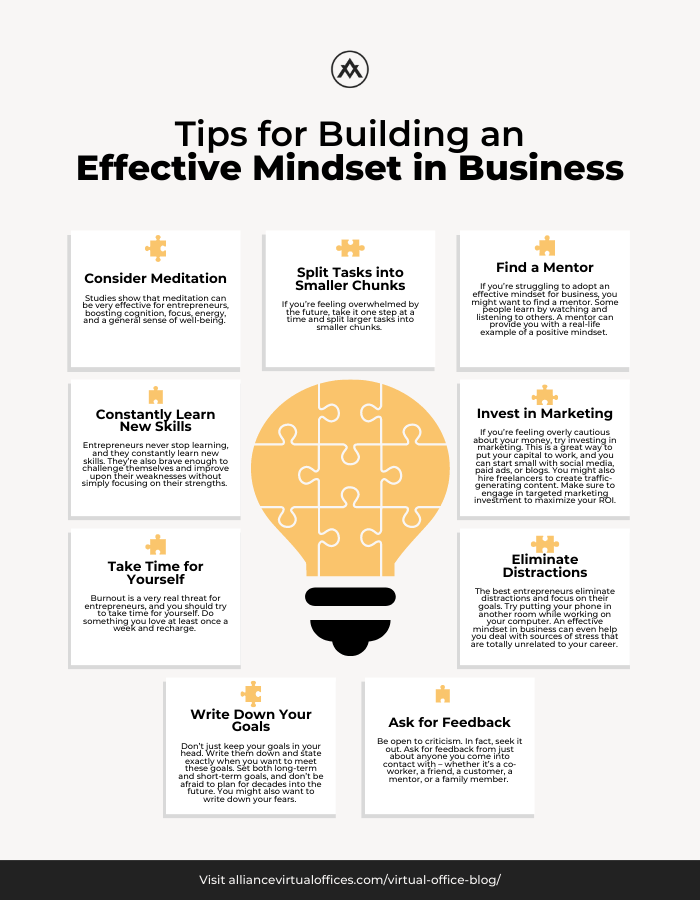How To Put Yourself In A Good Mindset
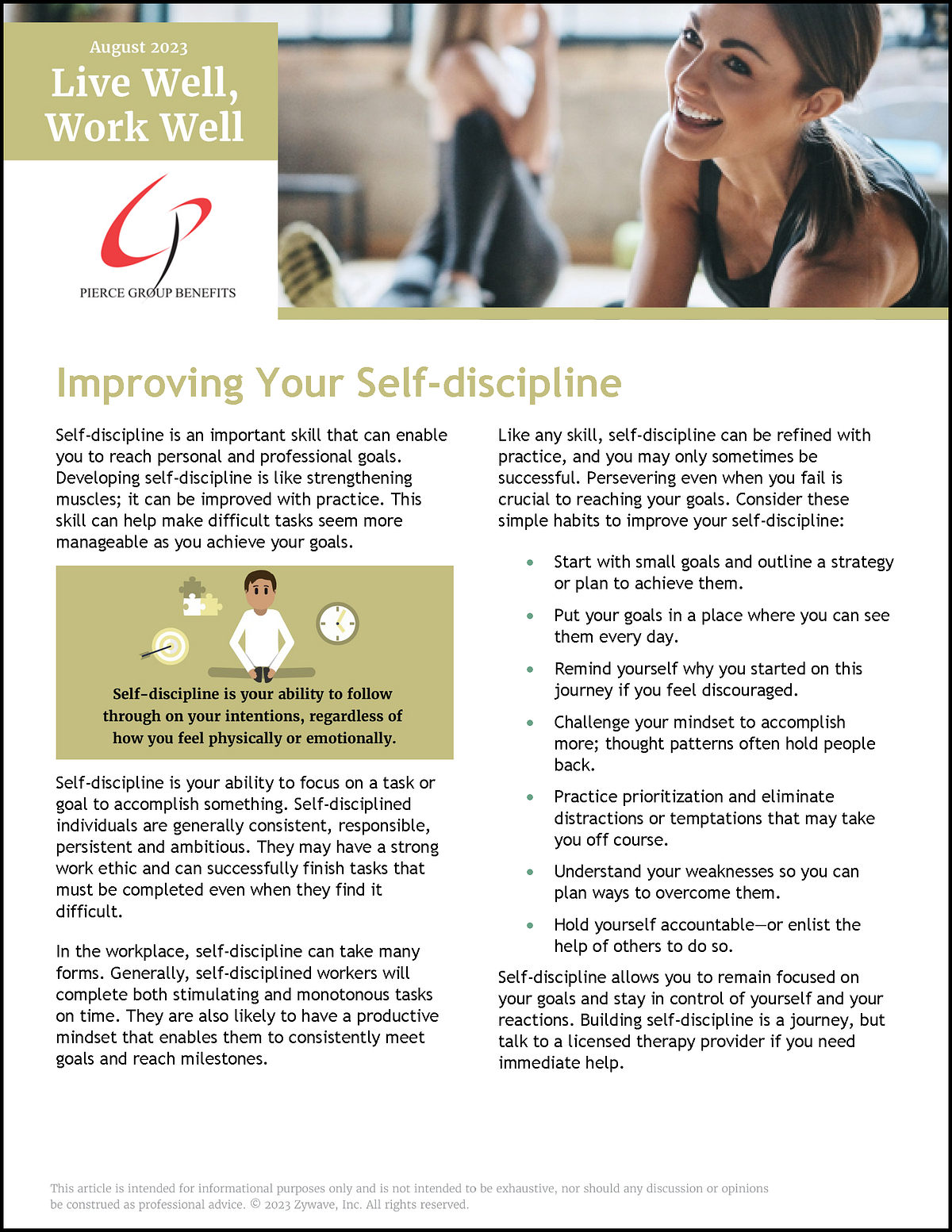
Feeling overwhelmed? Take immediate action! Shifting your mindset is crucial for navigating daily challenges and fostering overall well-being.
This guide provides actionable strategies to quickly improve your mental state. Learn how to break negative thought patterns and cultivate a more positive and resilient outlook, starting now.
Understand Your Current State
First, recognize your current mindset. Are you feeling stressed, anxious, or unmotivated?
Self-awareness is the first step towards positive change. Understanding your triggers allows you to proactively address them.
Quick Mindset Reset Techniques
Breathing Exercises
Practice deep breathing to calm your nervous system. A simple 4-7-8 technique can work wonders.
Inhale for 4 seconds, hold for 7, and exhale for 8. Repeat this several times to reduce anxiety.
Physical Activity
Engage in any form of physical activity, even for just 10-15 minutes. Exercise releases endorphins, which have mood-boosting effects.
A brisk walk, stretching, or a quick dance session can significantly alter your mindset.
Mindful Meditation
Take a few minutes to practice mindful meditation. Focus on your breath and present moment sensations.
Apps like Headspace and Calm offer guided meditations for beginners. Start with 5-minute sessions.
Long-Term Mindset Strategies
Gratitude Journaling
Start a gratitude journal and write down things you're thankful for each day. This practice shifts your focus to the positive aspects of your life.
According to a study by UC Berkeley, regularly practicing gratitude can increase happiness by up to 25%.
Positive Affirmations
Use positive affirmations to reprogram your subconscious mind. Repeat empowering statements about yourself.
Examples include "I am capable," "I am resilient," and "I am worthy of happiness."
Surround Yourself with Positivity
Limit exposure to negative influences, including news and social media. Surround yourself with supportive and uplifting people.
Cultivate relationships that bring joy and encouragement. Studies show social connection is vital for mental well-being.
Set Achievable Goals
Break down large goals into smaller, manageable tasks. Achieving small wins builds momentum and boosts confidence.
Celebrate your progress and acknowledge your accomplishments, no matter how small.
"The mind is everything. What you think you become." - Buddha
Seek Professional Help
If you're struggling to manage your mindset on your own, consider seeking professional help. A therapist or counselor can provide valuable tools and support.
Mental health is just as important as physical health. Do not hesitate to reach out for assistance.
Moving Forward
Implement these strategies into your daily routine for sustained positive change. Consistency is key.
Continuously evaluate and adjust your approach as needed. Your mindset is a work in progress, and it's okay to have setbacks.
Stay proactive in nurturing your mental well-being.










